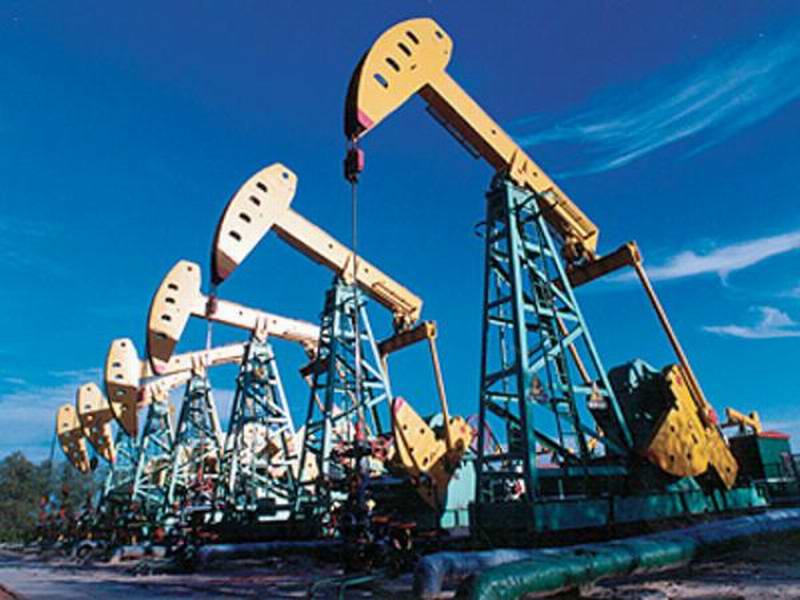Iraq's central government has said that country-wide oil production is set to double by 2017, an assessment which comes as Ankara's strong ties with semi-independent Iraqi Kurdistan leaves Turkish firms well poised to capitalize on the boom Today`s Zaman reported
Iraq's Oil Minister Abdul-Kareem Luaibi said yesterday that he expected oil exports to reach 2.9 million barrels per day (bpd) next year before hitting 3.5 million bpd in 2014 and 3.75 million bpd in 2015.
Current production is at 3.2 million bpd, the highest level in three decades, and exports are at an average of 2.6 million bpd.
Iraq, with the help of foreign firms, has ambitious plans to boost production capacity beyond 12 million bpd by 2017, but this target has proved unrealistic due to infrastructure bottlenecks and logistical shortcomings. It is expected to target 8-8.5 million bpd, but some oil analysts and executives see even 6 million bpd by 2017 as a stretch for the war-torn country.
With the help of close relations between Ankara and Arbil, Turkish companies are likely to be well-position to capitalize on the rise, with the state-owned Turkish Petroleum Corporation (TPAO) winning a major tender in May to search for oil in an area of nearly 1,000 square kilometers in southern Iraq.
Together with Kuwait Energy and the UAE's Dragon Oil, the TPAO won the rights to explore a 900-square-kilometer (350-square-mile) area in the oil-rich Basra province, and will be paid $6.24 for each barrel of oil equivalent it finds. The latest tender yielded the fifth contract for the Turkish company in Iraq.
Turkish companies have traditionally preferred to deal with leaders in Arbil rather than the Iranian-influenced central government in Baghdad, but a Thursday announcement by Baghdad suggested that the central government and Kurds may be approaching a deal on oil. The two agreed to end an oil payment dispute after Kurdistan pledged to continue exports and Baghdad said it would pay foreign companies working there.
Under the agreement, Kurdistan said it would keep its oil production for export at 140,000 barrels per day this month before raising it to 200,000 bpd for the rest of the year, levels that could significantly further boosting Iraq's exports. If the deal stands, it will be a limited breakthrough in a broader long-running dispute over land, energy resources and authority to sign energy contracts between the central government and the Kurdistan region.






